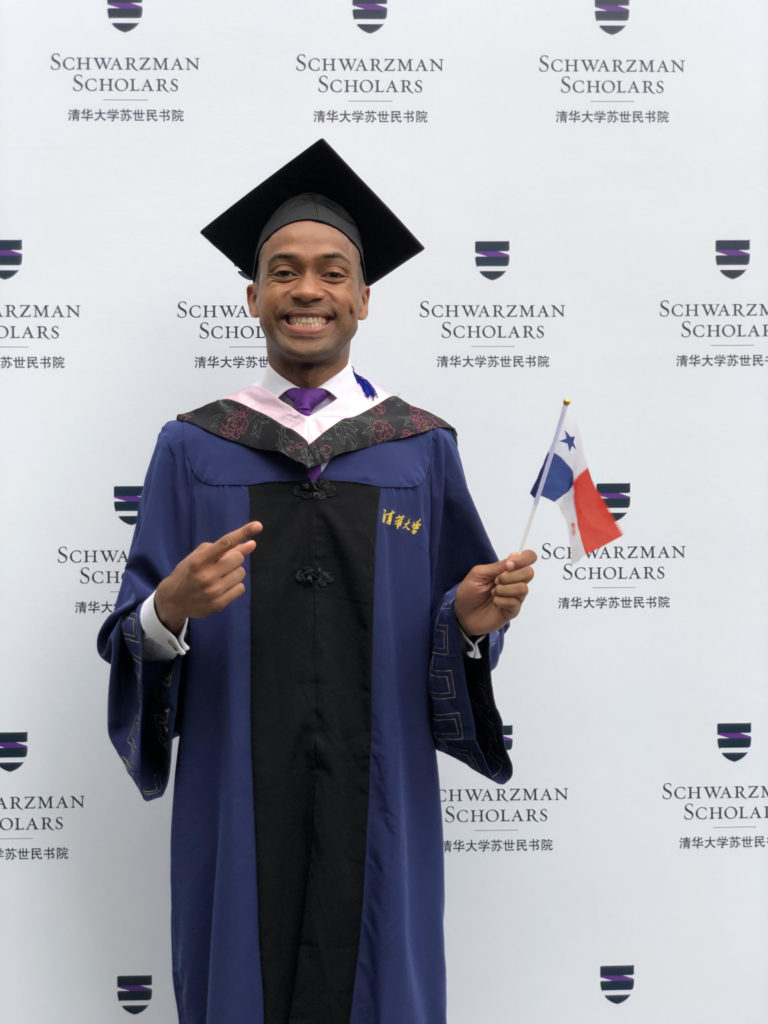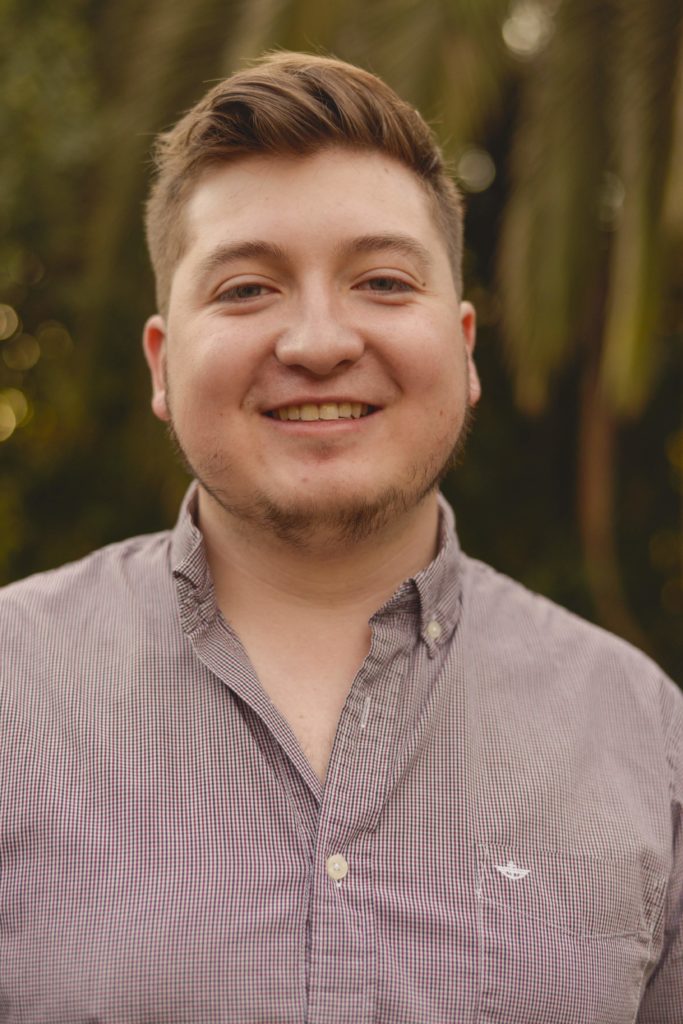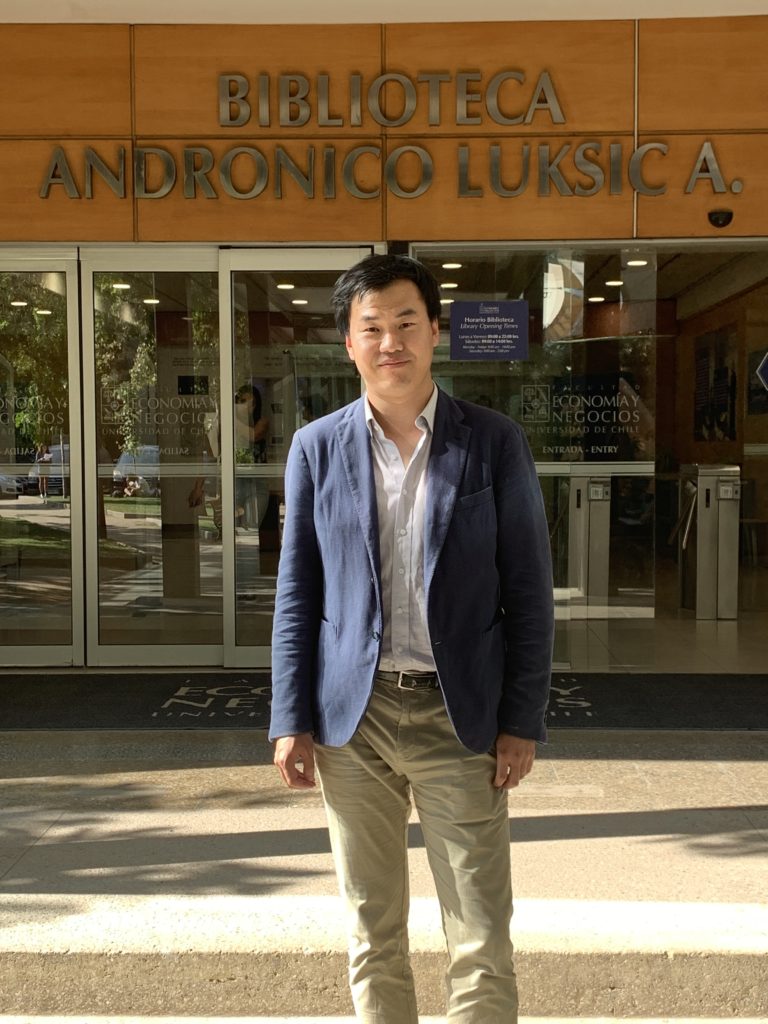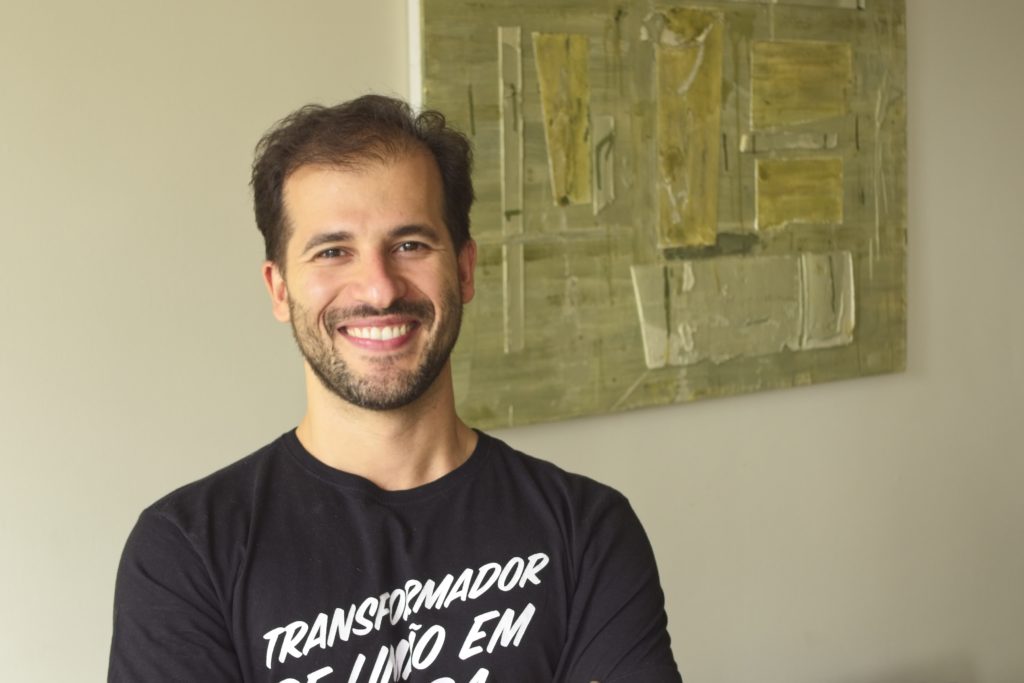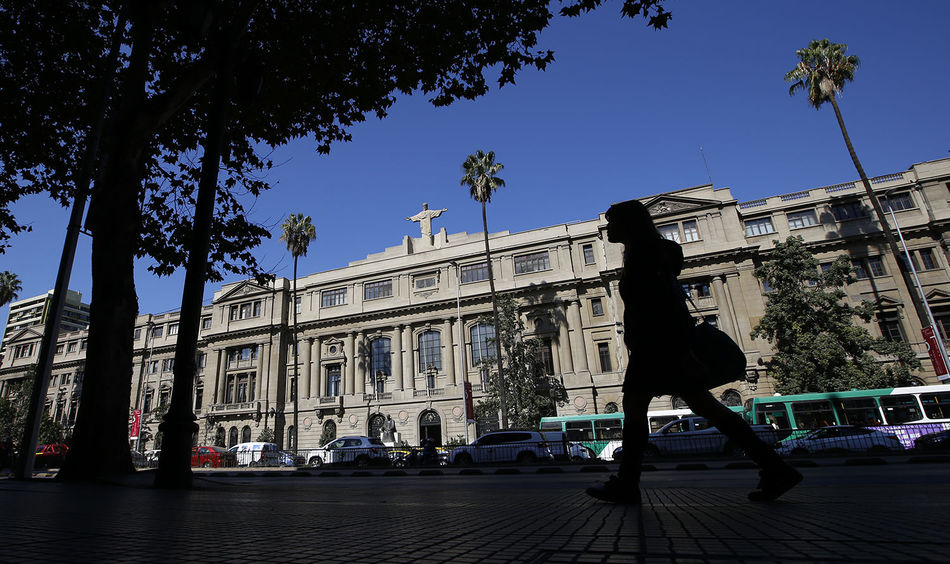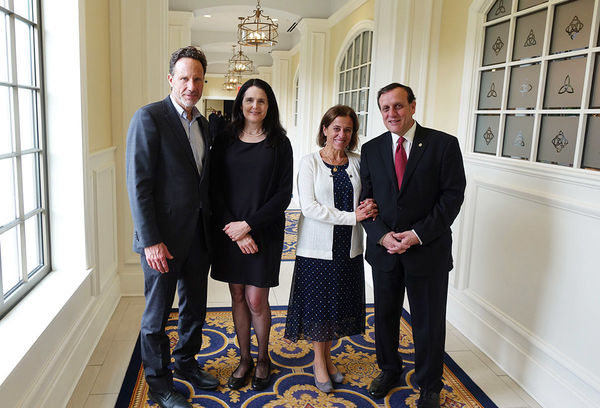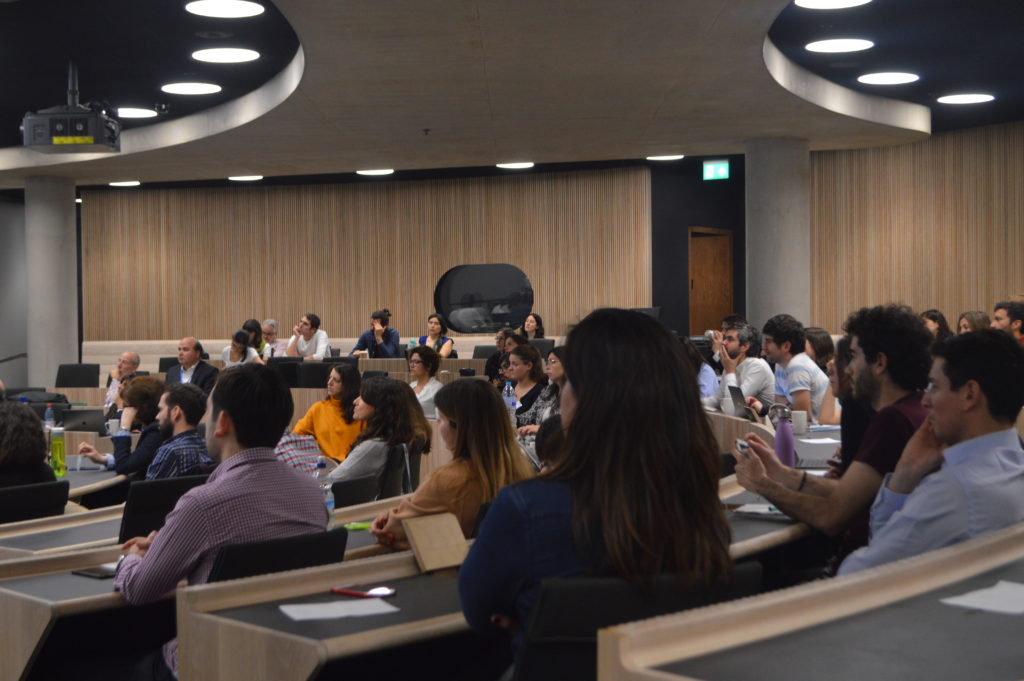The last week of June, five Chilean professors had the opportunity to attend an academic development seminar in the prestigious French university Sciences Po, under the Faculty Seminar at Sciences Po scholarship program.
The workshop, entitled “Integrating Pedagogical Diversity: Blended Learning and Educational Impact” encouraged the sharing of teaching and learning practices and thoughts with other professors from Harvard, LSE, King’s College and universities in Asia and Africa. In addition, Sciences Po designed a customized program for the Chilean faculty, through which they were presented with various divisions of that institution dedicated to pedagogical innovation.
We talked about education with the five Luksic Scholars who participated in the seminar and shared some of their thoughts below:
Manuel Gárate (Pontificia Universidad Católica)
- How do you see the educational situation in Chile?
The educational situation is quite agitated due to various reforms that have been added in recent years without consolidating them and with financing problems as well. Educational policies at the school and university level should be a long-term national issue, and the result of important consensus. However, at the same time we see that for the first time we have so many people receiving education at all levels and therefore the country will change rapidly. If we add to that technological change, we face enormous challenges in education and the possibilities of adapting to that.
Magdalena Claro (Pontificia Universidad Católica)
- What could you say that Chile needs to improve in academic and pedagogical fields?
I think it is essential to transform the way we organize the relationship with knowledge and pedagogical experience that we offer to students. Educational institutions should be spaces where students acquire knowledge and tools to contribute creatively and critically to the development of knowledge and the design of solutions to the problems of our society. For this, it is essential that we review the fragmented organization in departments and disciplines independent of educational institutions, to offer a more integrated and organized training around problems and experiences.
César Albornoz (Pontificia Universidad Católica)
- What was the experience of the seminar for you? What has it left you with personally and professionally?
First of all, it seems pertinent to explain the place from where I will answer this question. This place is of a Ph.D. in history who works as a university professor, an academic for more than 25 years in Chilean higher education, with a semester load of at least four different chairs, which implies a direct relationship with at least 300 students per year.
From that base, the seminar experience was particularly significant. I cannot, therefore, separate the personal from the professional. Yes, instead, I would distinguish some causes that explain the significance of the experience.
First, for having just incorporated a figure like me: professor. Many times these instances lack fundamental agents in the process that is being studied, and this was not the case. Sharing ideas, concepts, and experiences with different actors in higher education was particularly constructive. Second, the excellence of the academic conference was remarkable. The intensity of the work and the power of the content, speaks to the prestige of Sciences Po and its faculty. Third, sharing with a team – Chilean and European – of high excellence gives consistency and strength to the work week. The lessons learned and shared are unforgettable.
Norma Muñoz del Campo (Universidad de Santiago de Chile)
- What could be the impact of such a seminar, given the knowledge exchanged, for education/teaching in Chile?
Globally there is a debate about pedagogical innovation that implies, in general terms, what it is to learn and what it is to teach today in a global world invaded by new technologies. “The professionals that the world needs are not those of before” is a quote that is repeated a lot and its response is much less obvious. The example is obvious and is revealed by all: universities continue teaching in the same way they did at the beginning of the 20th century.
Pedagogical innovation reflects on the dynamics of the teaching-learning processes.
The complex thing is that it is a field under construction, which is not necessarily learned in books but in sharing experiences, in talking together and sharing together.
Finally, I work in the field of public policy, an area where there is much to do in terms of teaching innovation, because innovation in public policy is associated with the development of skills and attitudes that lead to innovation, a challenge that has to be added to the previous ones, so there is much to do!
Roberto Pardo (Universidad Adolfo Ibáñez)
- To sum up, what could you add?
In Chile we want to face complex problems, diversity, and the uncertainty of trying to do better what we have been doing. Precisely, Sciences Po recently undertook deep changes, innovating what they had been doing for 150 years, under the premise that we are facing a “world in full mutation”, “an unprecedented crisis.” Simply put, we have to make more radical changes in education.

